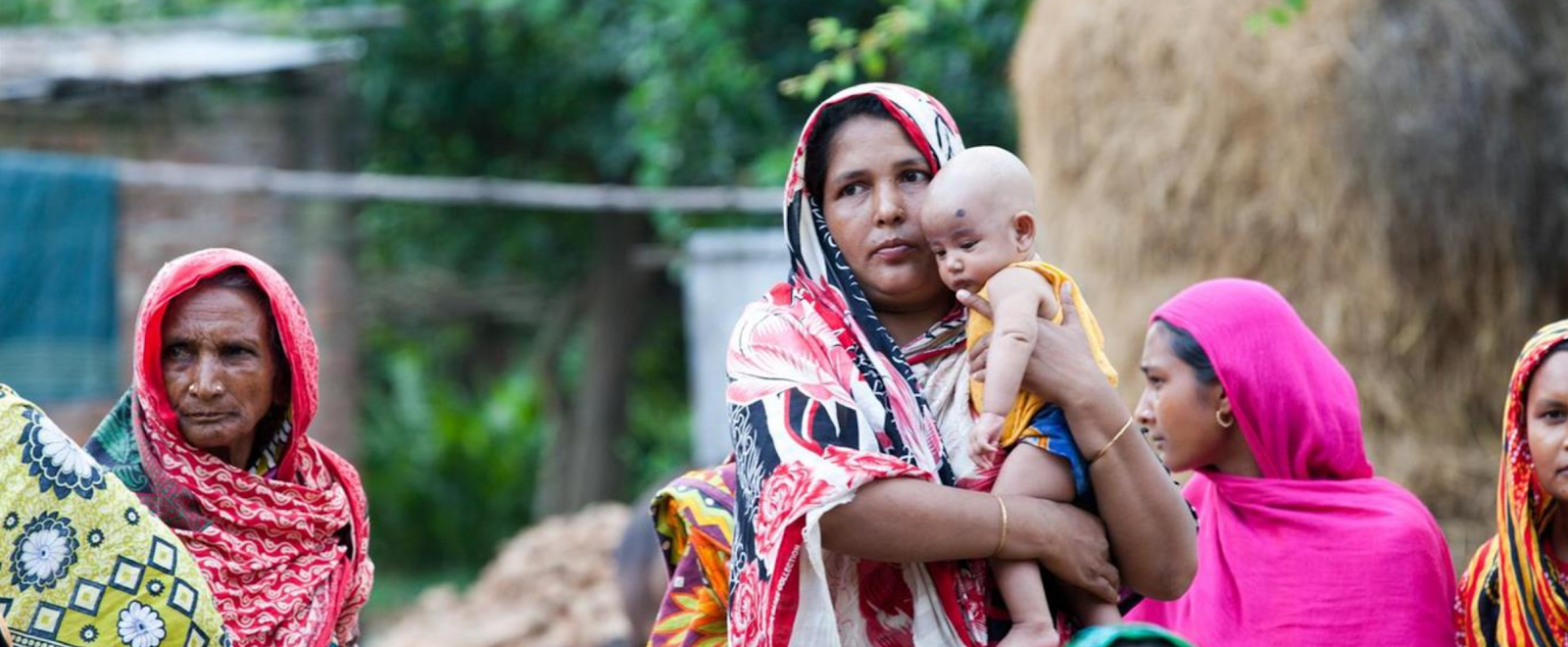WHO study shows drug could save thousands of women’s lives
WHO, 27
June 2018
formulation of a drug to prevent excessive bleeding following childbirth
could save thousands of women’s lives in low- and lower-middle-income
countries, according to a study led by the World Health Organization (WHO)
in collaboration with MSD for Mothers and Ferring Pharmaceuticals.
 |
|
UNICEF. Community
members attend a social awareness meeting about maternal death, infant mortality, stillbirth and other health issues is conducted by the Ministry of Health and Family Welfare, Bangladesh
|
WHO recommends oxytocin as the first-choice drug for preventing excessive
bleeding after childbirth. Oxytocin, however, must be stored
and transported at 2–8 degrees Celsius, which is hard to do, in many
countries, depriving many women of access to this lifesaving drug. When
they can obtain it, the drug may be less effective because of heat
exposure.
The study, published today in the New England Journal of Medicine, has shown
an alternative drug – heat-stable carbetocin – to be as safe and effective
as oxytocin in preventing postpartum haemorrhage. This new formulation of
carbetocin does not require refrigeration and retains its efficacy for at
least 3 years stored at 30 degrees celsius and 75% relative humidity.
that can revolutionize our ability to keep mothers and babies alive,” says Dr
Tedros Adhanom Ghebreyesus, Director-General of WHO.
Approximately 70 000 women die every year because of post-partum haemorrhage –
increasing the risk that their babies also die within one month.
The clinical trial, the largest of its kind, studied close to 30 000 women who
gave birth vaginally in 10 countries: Argentina, Egypt, India, Kenya, Nigeria,
Singapore, South Africa, Thailand, Uganda and the United Kingdom.
Each woman was randomly given a single injection of either heat-stable
carbetocin or oxytocin immediately following the birth of her baby. The study
found that both drugs were equally effective at preventing excessive bleeding
after birth.
Since both drugs in the study were kept in at the temperatures required to
ensure maximum efficacy of oxytocin, the trial may underestimate the benefit
expected with heat-stable carbetocin use in real-life settings where oxytocin
may have degraded due to exposure to higher temperatures.
“The development of a drug to prevent postpartum haemorrhage that continues to
remain effective in hot and humid conditions is very good news for the millions
of women who give birth in parts of the world without access to reliable
refrigeration,” says Dr Metin Gülmezoglu, from the Department of Reproductive
Health and Research at WHO.
The next step is regulatory review and approval by countries.
WHO will ask its Guideline Development Group to consider whether heat-stable
carbetocin should be a recommended drug for the prevention of postpartum
haemorrhage.
_ _ _ _
_ _ _ _ _
_ _ _ _ _
_ _ _ _ _
_ _ _ _ _
_ _ _ _ _
_ _ _ _ _
_ _ _ _ _
study
study, also referred to as the CHAMPION (Carbetocin HAeMorrhage PreventION)
trial, was funded by MSD for Mothers. Heat-stable carbetocin was provided by
Ferring Pharmaceuticals, the product innovator and oxytocin was provided by
Novartis for the study. The study was conducted under a collaborative
arrangement between WHO, MSD for Mothers and Ferring Pharmaceuticals. Following
the positive results from the trial, the parties will now work to advance
affordable access to this lifesaving drug in countries that have a high burden
of maternal deaths.


